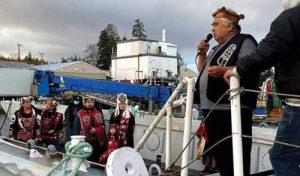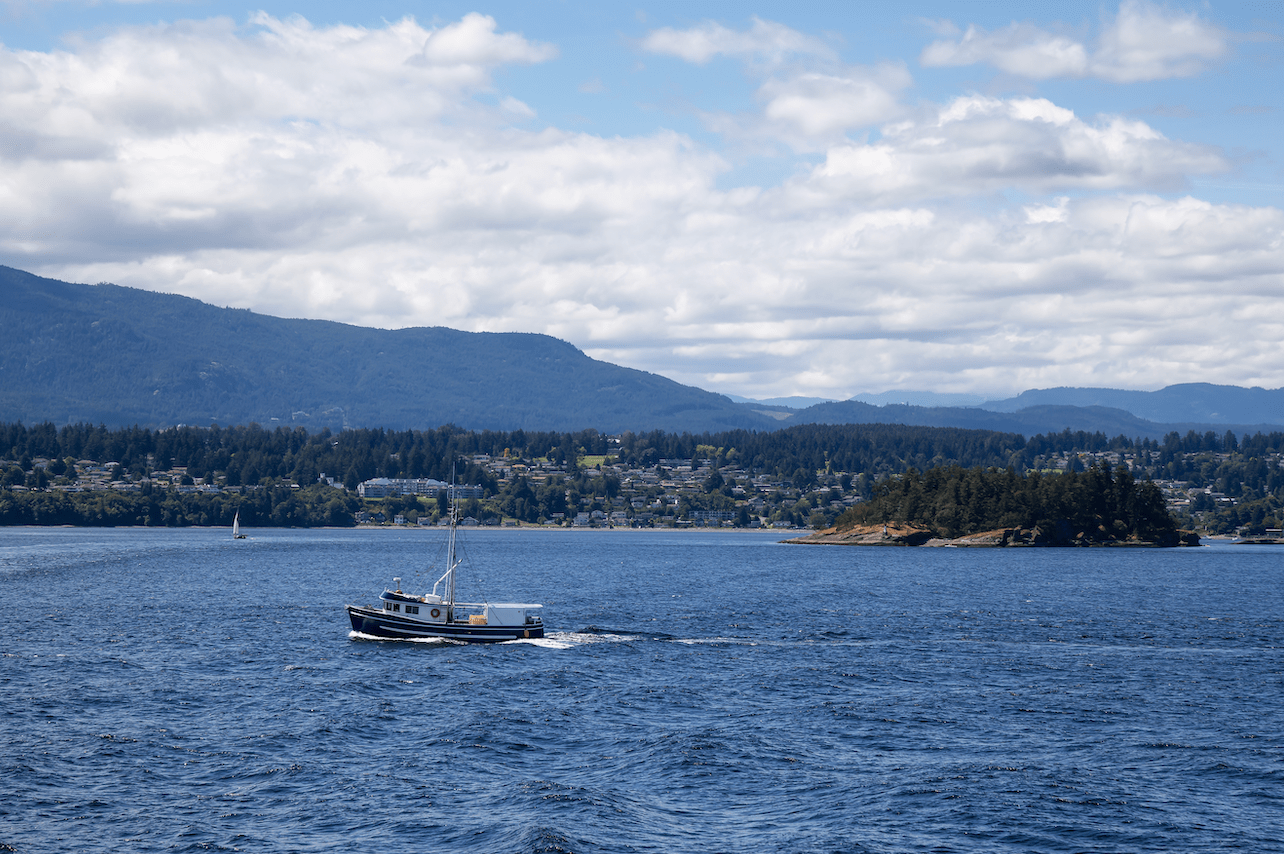
Photo credit: firstnationsforfinfish.ca/
CAMPBELL RIVER – Today, on the eve of National Day for Truth and Reconciliation, the Coalition for First Nations Finfish Stewardship, representing coastal Nations who host modern salmon farming operations and have the right to decide how they manage their traditional territories, issued the following statement:
“It is crucial that Canadians hear directly from the First Nations who live, work, and govern the coastal territories where salmon farming operates.”
The Coalition of First Nations for Finfish Stewardship (FNFFS) represents the Rights Holder Nations of coastal B.C. who have chosen to keep salmon aquaculture in our waters. These farms are here only because our Nations, and no one else, have granted that permission. Other groups, including the First Nation Wild Salmon Alliance (FNWSA) and First Nation Leadership Council (FNLC), do not speak for us or our territories, which we have been stewarding since time immemorial.
Repeated calls to “stay the course” on a net-pen ban are not grounded in the realities of our communities. Enforcing this ban would destroy a highly regulated sector that delivers $1.17 billion in annual economic impact, eliminate thousands of jobs, and strip away own-source revenue that fund housing, health, and social programs that our communities desperately need. This is not a call for reconciliation; it’s a call for economic devastation for our communities.
Our coastal Nations continue to balance our historic stewardship with economic opportunity. We are committed to conserving wild salmon stocks while also responsibly and sustainably farming salmon. Both are essential to our communities. We live in these territories. We always have. We carry the responsibility to protect our waters for generations to come.
Our message is clear: telling us to remove salmon farms from our territories is an attempt to override us in our rights, our governance, and our self-determination. We do not tell our neighbouring communities or people in urban centres how to manage their lands and waters, and they do not have the authority to dictate what happens in ours.
The reality is quite simple: Canada cannot afford, economically, socially, or morally, to shut down a modern, sustainable, Indigenous-led industry in the face of growing food insecurity, global trade instability, and a worsening housing crisis. We remain resolute in our expectation that the federal government will honour their commitments to a true Nation-to-Nation process, not one driven by outside voices who have no authority in our territories or who refuse to accept our invitations and see firsthand the work we are doing to protect our coastal waters and wild salmon.”
Submitted Content

